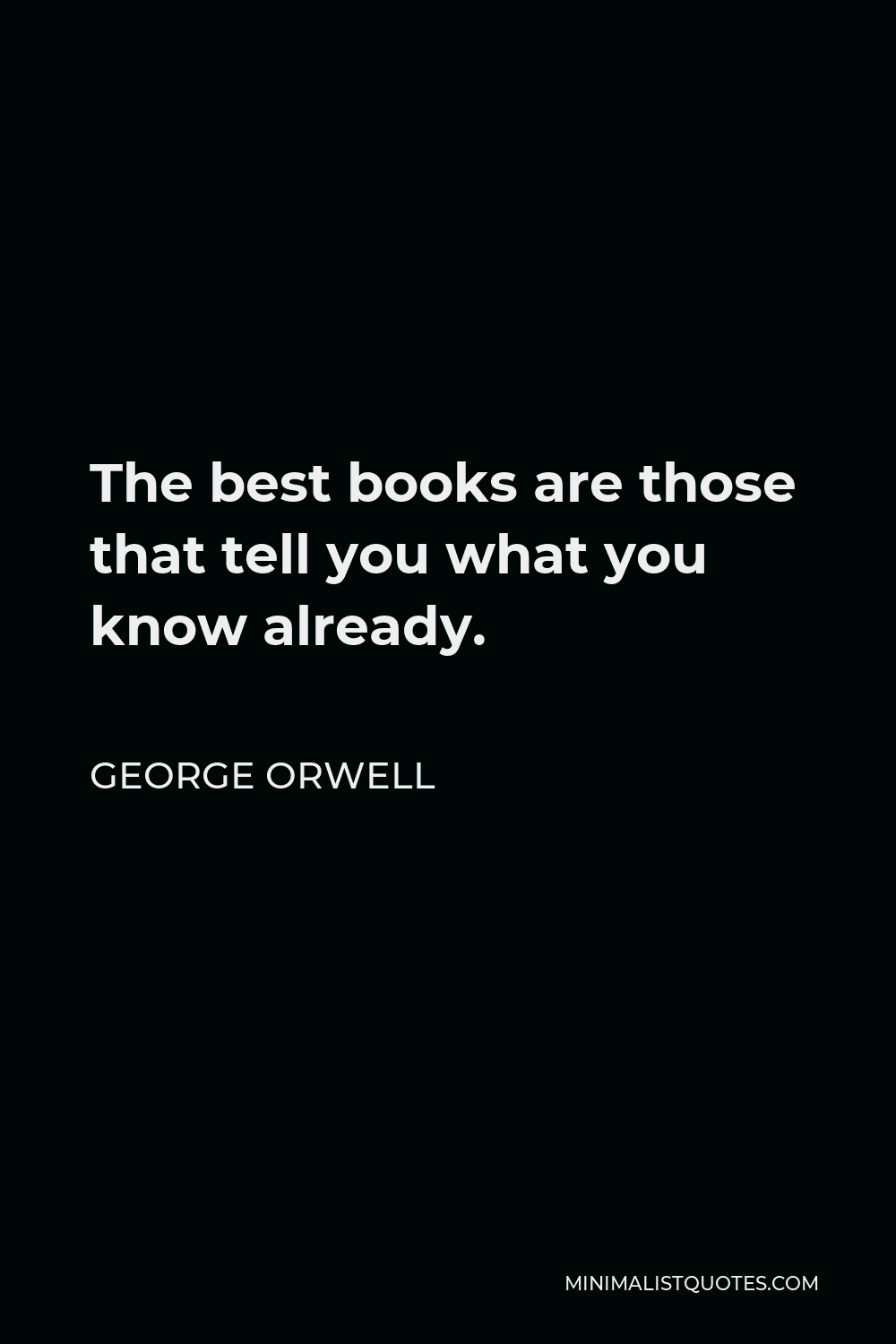

In 1984, the world is divided into three vast enclaves: Britain, now known as Airstrip One, is devastatingly shabby – never having been decently rebuilt after a nuclear World War Three fought in the 1950s – and without hope.

It is a book of hectic, devilish, claustrophobic intensity, so nightmarish in the telling that some critics have faulted it (unwisely) for subjective imbalance, though only the telling, not the burden of the tale, significantly modifies the darkness typical of fellow Scientific Romances published after World War One. With Aldous Huxley's Brave New World ( 1932), Nineteen Eighty-Four is the century's most famous English-language Dystopia, though it clearly reflects the influence of Yevgeny Zamiatin's We ( 1924). It was filmed twice: as 1984 ( 1955) and as Nineteen Eighty-Four ( 1984) a made-for-television movie, The Road to 1984 ( 1984), speculates on the possible truth of Orwell's vision. Orwell's most famous book remains Nineteen Eighty-Four ( 1949), which was published shortly before his death of tuberculosis and which generated, once again, a complex response, especially on the part of some of his colleagues on the Left, who accused him (mistakenly) of betrayal just as imperceptively, those on the Right tended to welcome it as straightforward propaganda against socialism. A cartoon version of the tale was filmed as Animal Farm ( 1955), animated by John Halas and Joy Batchelor. A great revolution takes place on the Farm, but its initial idealism is soon subverted by the Pigs, whose leader, Napoleon, seizes power and distils the Revolution's original Seven Commandments (the last being "All animals are equal") into to a single utterance written in capitals on the communal wall: All Animals Are Equal But Some Are More Equal Than Others. Despite this universality of address, however, the USSR is clearly the main target. The impact of Animal Farm depends not only on its brilliantly executed fable form, but on the consequences of taking it seriously: for it mocks not only the ideals of socialism or Communism (many of which Orwell shared) but their corrupt embodiment in any contemporary modernizing state. The manuscript was rejected by several publishers, including Victor Gollancz (1893-1967), partly because its disillusion was discomfitingly prescient while the USSR remained a Western ally during World War Two, and partly because it savagely undermined the belief structure of those in the West who continued to gamble on the eventual success of what they continued to perceive as a valid experiment in socialism, despite the broken eggs. Animal Farm: A Fairy Story ( 1945 chap) is a Satire in the form of a Beast Fable whose primary target is the totalitarian Dystopia that Communist doctrine and Stalin's terroristic leadership had created in the 1930s USSR. His fiction and extended social criticism, as in Down and Out in Paris and London ( 1933), also demonstrates his general good sense and the intense clarity of his mind. Pseudonym of Indian-born UK author Eric Arthur Blair (1903-1950), briefly but intensely in the early 1940s the partner of Inez Holden much of his best work was contained in his impassioned journalism and essays, assembled in the four volumes of The Collected Essays, Journalism and Letters of George Orwell (each coll 1968).


 0 kommentar(er)
0 kommentar(er)
